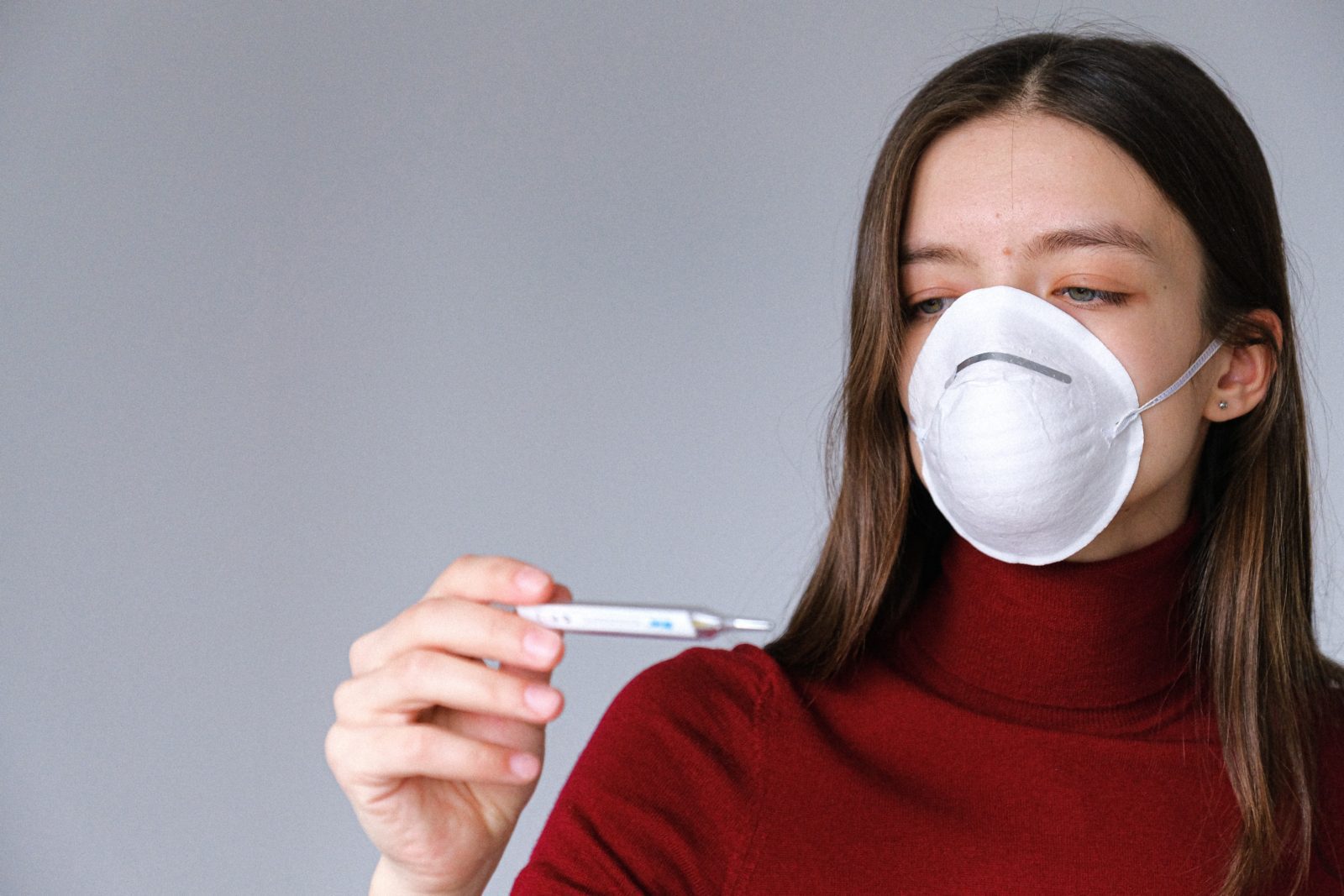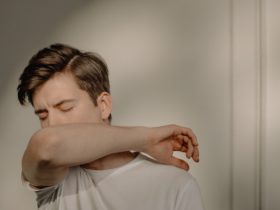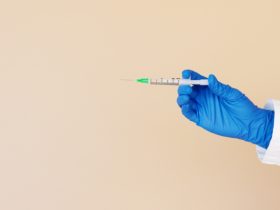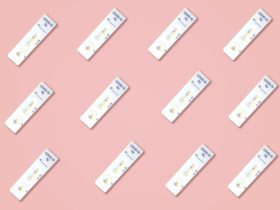At an extraordinary meeting on Friday, the government of Andrej Babiš (ANO) approved the further tightening of anti-epidemic measures. From Monday, November 22, children in schools or employees of companies will be subject to mandatory and regular testing. The further tightening comes a day after the government abolished the recognition of antigen and PCR tests as proof of infection-free status.
- Primary and secondary school pupils and students will be tested for coronavirus every Monday. Widespread testing in schools is expected by the end of February next year.
- Companies will have to test unvaccinated employees for covid once a week. Sole traders are also obliged to do so. Unvaccinated people who refuse to be tested must wear a respirator in the workplace at all times, should eat separately and limit contact with other co-workers.
- Unvaccinated people will be allowed to use accommodations if they show up for the PCR test and only if it is a business or business trip. Travel to care for another person will also be recognised as an exception.
- People will again be able to draw a nursing allowance of 80 percent of the assessed wage base. The government has also approved an allowance of up to CZK 370 per day to compensate for wages due to a stay in quarantine. Both amendments have yet to be approved by Parliament and signed by the President. The aid could then be paid retroactively from the beginning of November.
- The authorities should make as much use as possible of the so-called home office.
- As of Monday, PCR and antigen tests will not be sufficient to confirm that a person is free of infection; only vaccinations and coronavirus will be recognised. Thus, people who have not been vaccinated or have not had a COVID in the last 180 days will not be able to go to restaurants, hairdressers, hotels and guesthouses, sports grounds, or cultural and sporting events. However, people aged between 12 and 18 years will be exempt from this measure. Those who cannot be vaccinated for health reasons and “unvaccinated” citizens will not be affected. For them, the tests will be sufficient.
- The unvaccinated are already struggling to pay for the tests. As of November, health insurance companies will not cover them. And although the tests will no longer be sufficient as proof of infection-free status as of Monday, people can still use them when travelling. Unvaccinated people will also have to pay extra for this.
- PCR and antigen tests will still be accepted for visits to hospitals and social services, but self-tests will no longer be sufficient.
- At the same time, universal testing in schools will continue. This has already been approved for November 22 and 29. The next would then be December 6 and 13.
- In addition, the government envisages widespread testing of companies. However, the form of this measure will be adjusted on Friday. However, it is envisaged that if people want to physically go to work and have not been vaccinated or have not encountered covid, they will have to have a test. If they do not have it, they will be allowed to be tested in the workplace with a conventional self-test.
- Some tightening will also affect university students. On college campuses, unvaccinated and uninfected people will have to prove themselves with a test once a week from Monday 22 November. The antigen test must be no older than 24 hours, the PCR test 72 hours.










Leave a Reply